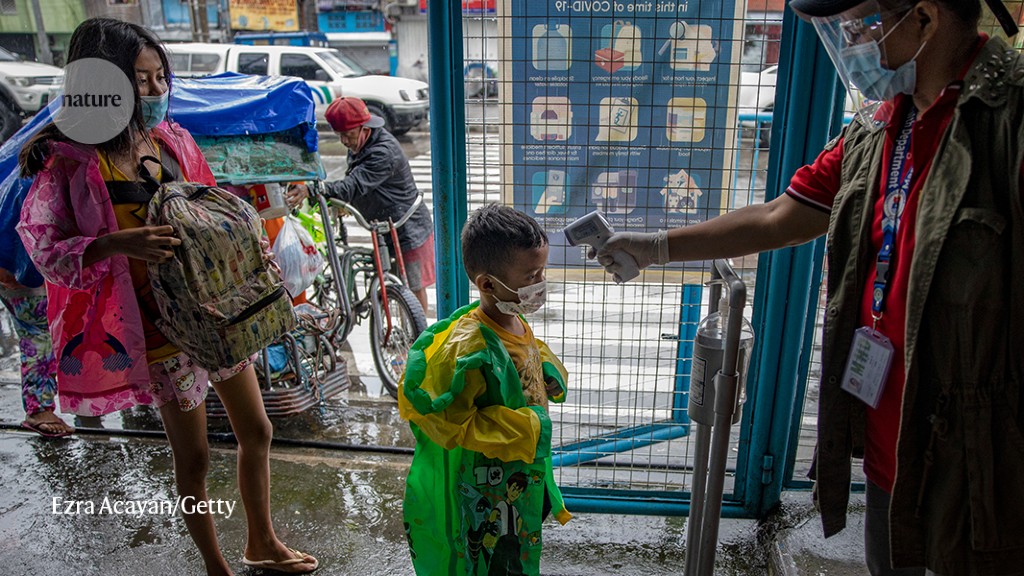You are here
What the data say about asymptomatic COVID infections
Fri, 2020-11-20 19:52 — mike kraft What the data say about asymptomatic COVID infections People without symptoms can pass on the virus, but estimating their contribution to outbreaks is challenging. nature
What the data say about asymptomatic COVID infections People without symptoms can pass on the virus, but estimating their contribution to outbreaks is challenging. nature How many people don’t experience any symptoms after becoming infected with SARS-CoV-2? And what is their role in spreading COVID-19? These have been key questions since the beginning of the pandemic.
Now, evidence suggests that about one in five infected people will experience no symptoms, and they will transmit the virus to significantly fewer people than someone with symptoms. But researchers are divided about whether asymptomatic infections are acting as a ‘silent driver’ of the pandemic.
Although there is a growing understanding of asymptomatic infections, researchers say that people should continue to use measures to reduce viral spread, including social distancing and wearing masks, regardless of whether they have symptoms.
The issue with putting a reliable figure on the rate of asymptomatic COVID-19 is distinguishing between people who are asymptomatic and pre-symptomatic, says Krutika Kuppalli, an infectious-disease researcher at Stanford University School of Medicine in California. “Asymptomatic is someone who never developed symptoms ever throughout the course of their disease, and pre-symptomatic is somebody who has mild symptoms before they do go on to develop symptoms,” Kuppalli says. There is also no standardized accepted definition of that, she says.
Research early in the pandemic suggested that the rate of asymptomatic infections could be as high as 81%. But a meta-analysis published last month1, which included 13 studies involving 21,708 people, calculated the rate of asymptomatic presentation to be 17%. The analysis defined asymptomatic people as those who showed none of the key COVID-19 symptoms during the entire follow-up period, and the authors included only studies that followed participants for at least seven days. Evidence suggests that most people develop symptoms in 7–13 days, says lead author Oyungerel Byambasuren, a biomedical researcher at the Institute for Evidence-Based Healthcare at Bond University in Gold Coast, Australia. ...

Recent Comments